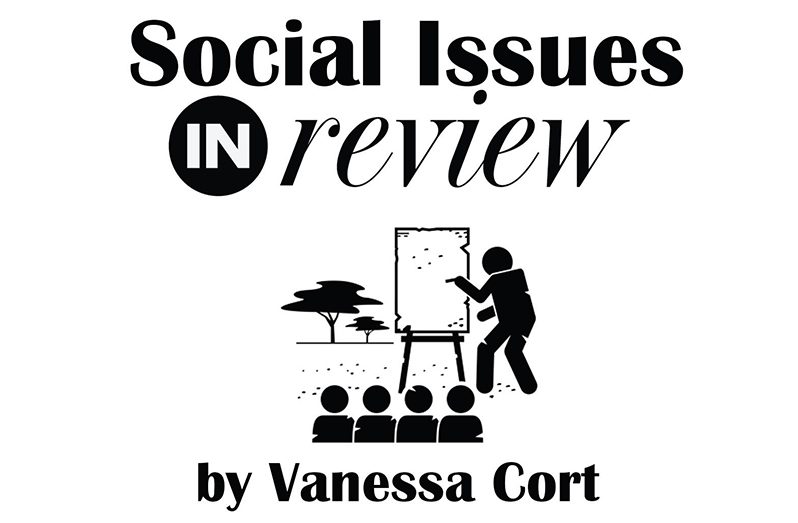THERE comes a time when we realise that our friends or family members are unable to help us with our emotional or psychological issues.
“Dey gat deh own problems,” as we like to say.
They may not have the time or the inclination to sit and listen to feelings we sometimes cannot properly verbalise, knowing that they can offer little assistance. They may recognise, even before we do, that the problem is “too big.”
And this is something we ourselves have to come to terms with, realising that we can no longer cope on our own. We can see no way out of our situation and it is becoming increasingly hard to function.
This is when we need to seek out someone trained to help us out. Someone who will listen to what we have to say patiently and without judgement. Someone whose job it is to work along with us in finding solutions to our problems.
This is what a counsellor does. With the growing discussion on mental health, both locally and globally, more people are seeking professional help and many are also entering the profession.
In fact, the Ministry of Health, in collaboration with local and international institutions, recently concluded a four-day conference on mental health and well-being.
Several mental health professionals took part in interactive sessions discussing topics which included suicide, injury and personal trauma prevention. This is an annual event attended by counsellors and therapists, who looked not only at conditions affecting others, but also at their own mental health.
This year, Guyanese Psychotherapist, Shane Tull addressed the need for self-care for mental health professionals. These practitioners have to take care of themselves so that they can take care of others.
Those of us living with mental health challenges certainly need to turn to those who are properly trained to deal with these matters, such as the attendees at this conference.
If we visit a psychologist, we will likely receive a detailed diagnosis and assessment in a medical framework. Hence psychologists tend to deal with those who have more severe mental health problems.
Counsellors, on the other hand, adopt a more “person-centered” approach, according to counselling psychologist, Dr. Tristan Bell. He also explains that “counsellors are experts in listening and helping people achieve their personal goals” and will support those with mild to moderate symptoms of mental illness.
So, it strikes me that when we need to talk over our problems we can visit a counsellor, who may refer us to a psychologist/psychotherapist. However, as there is overlap, we can also go directly to the therapist.
Counsellors help people experiencing varying emotional and psychological problems – depression, stress, anxiety – and help bring about effective change. They hold sessions with individuals or groups in safe and confidential settings.
So, it is not a case where, ‘everybaddy gun know yuh business’ or where you should feel as if you are on trial.
It is a safe space where you can examine your choices and find your own way to make positive changes.




.jpg)









